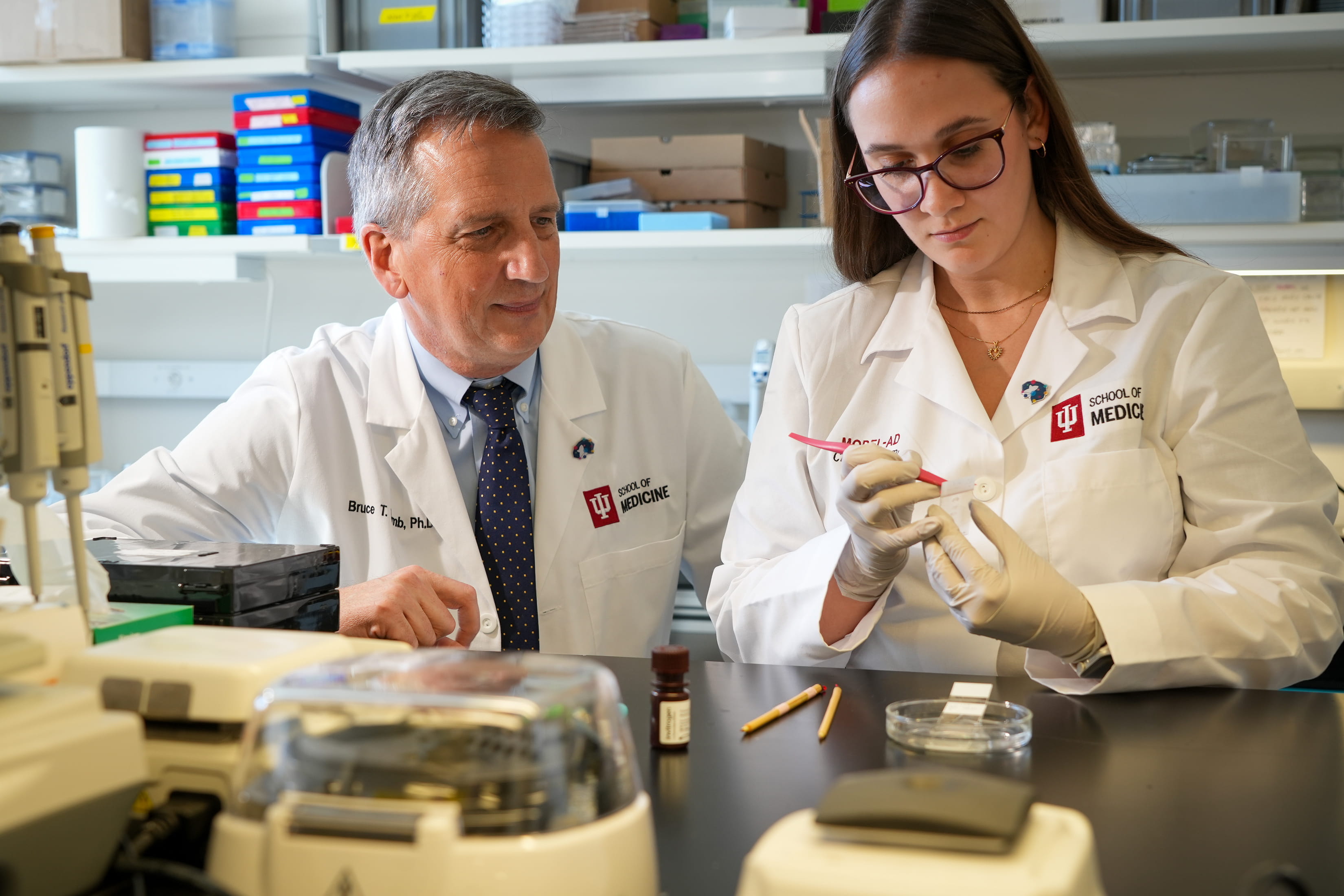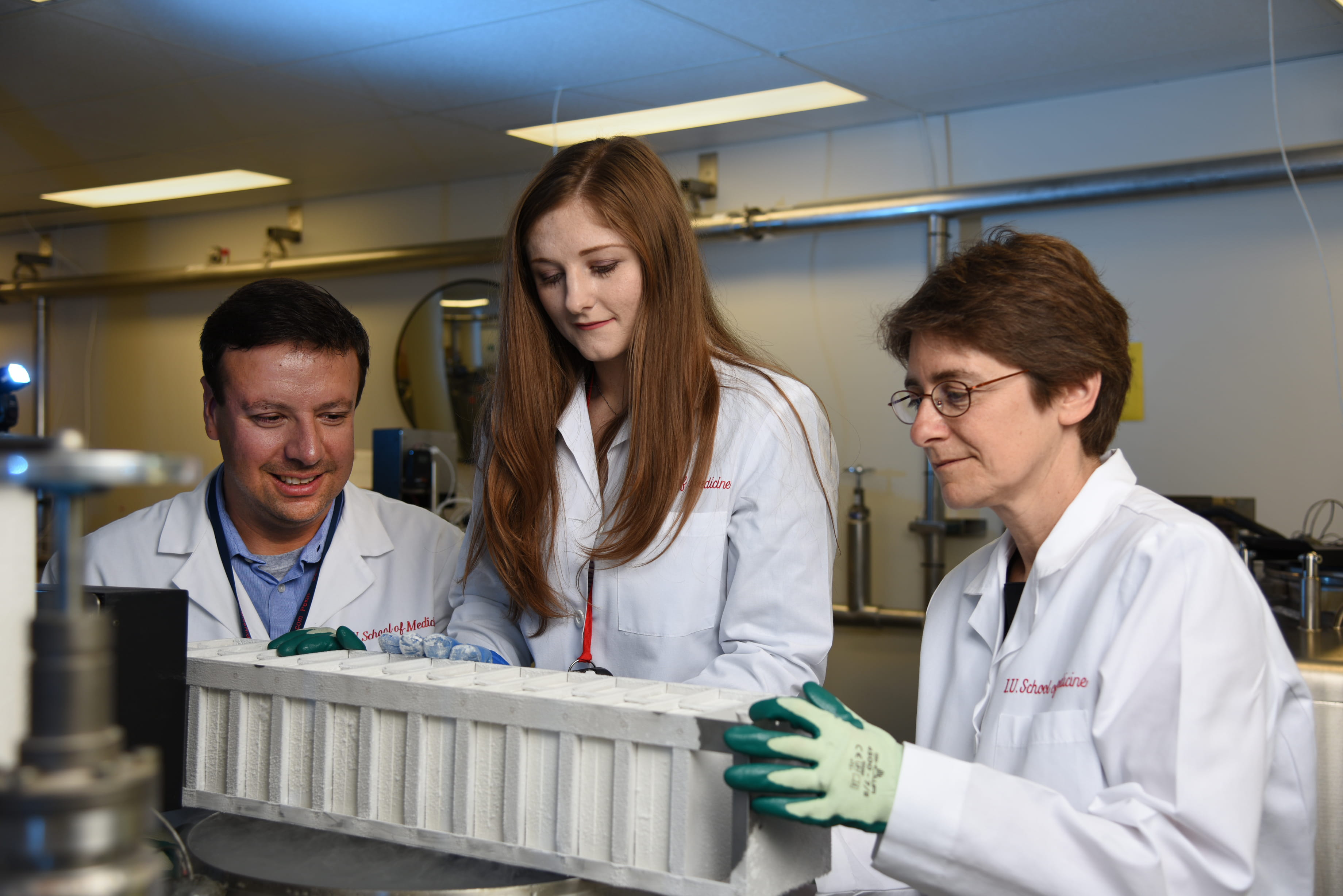Indiana University School of Medicine leads a comprehensive program in Alzheimer's disease research spanning basic, translational and clinical research, focused on optimizing clinical care for patients with Alzheimer's disease. The school, ranked No. 6 in the nation for National Institute of Aging research, received $87 million in National Institutes of Health grants to fund Alzheimer's disease research. From developing the next generation of animal models and testing potential therapeutics to working alongside clinical research participants and patients in the state's largest health system, IU School of Medicine has a rich research program and expertise widely recognized around the world.

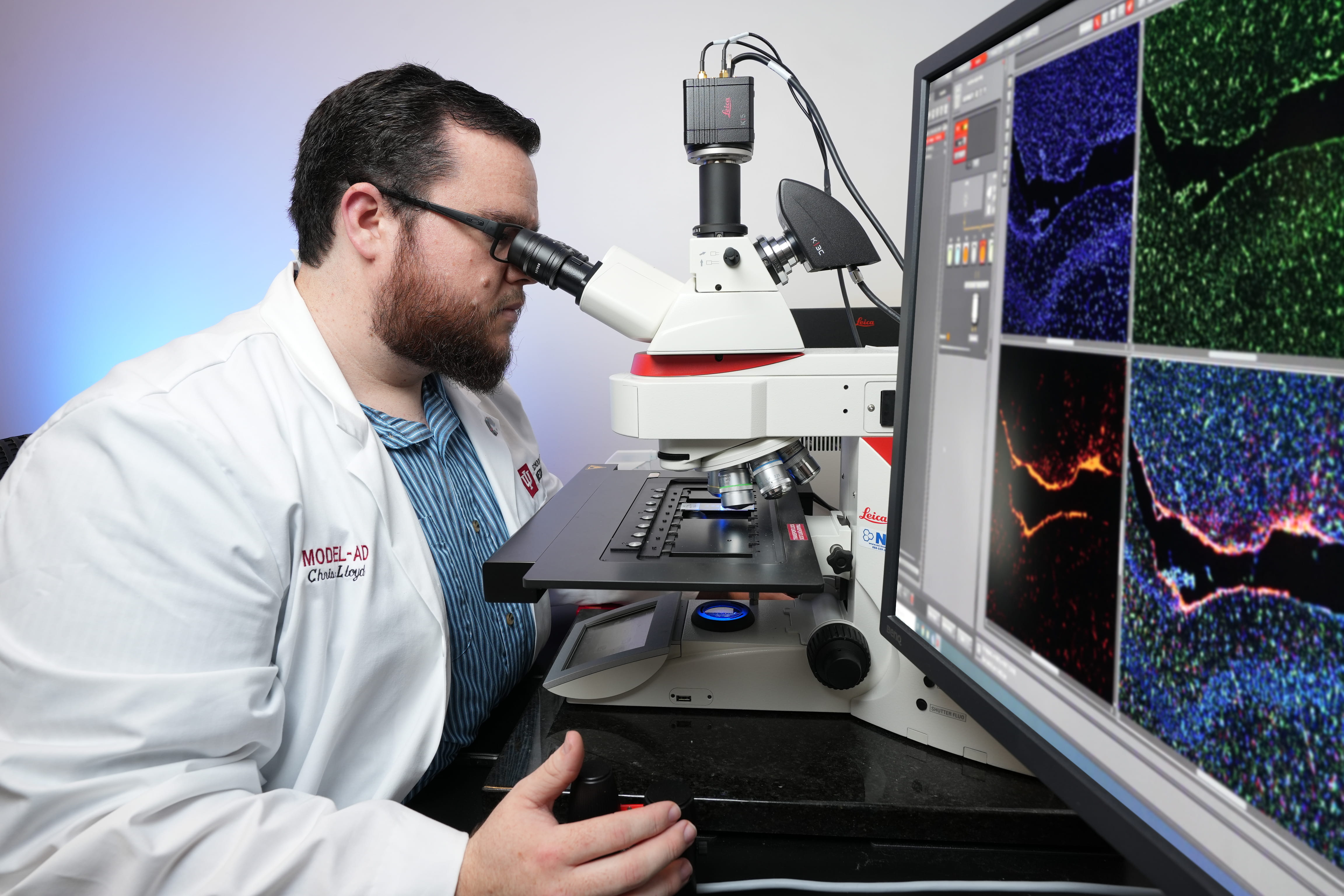
Basic and Preclinical Science
Basic scientists research the neurobiology and molecular genetics of Alzheimer’s disease to define disease mechanisms using animal models, identify therapeutic targets, rigorously test drugs and create molecules for potential drugs.
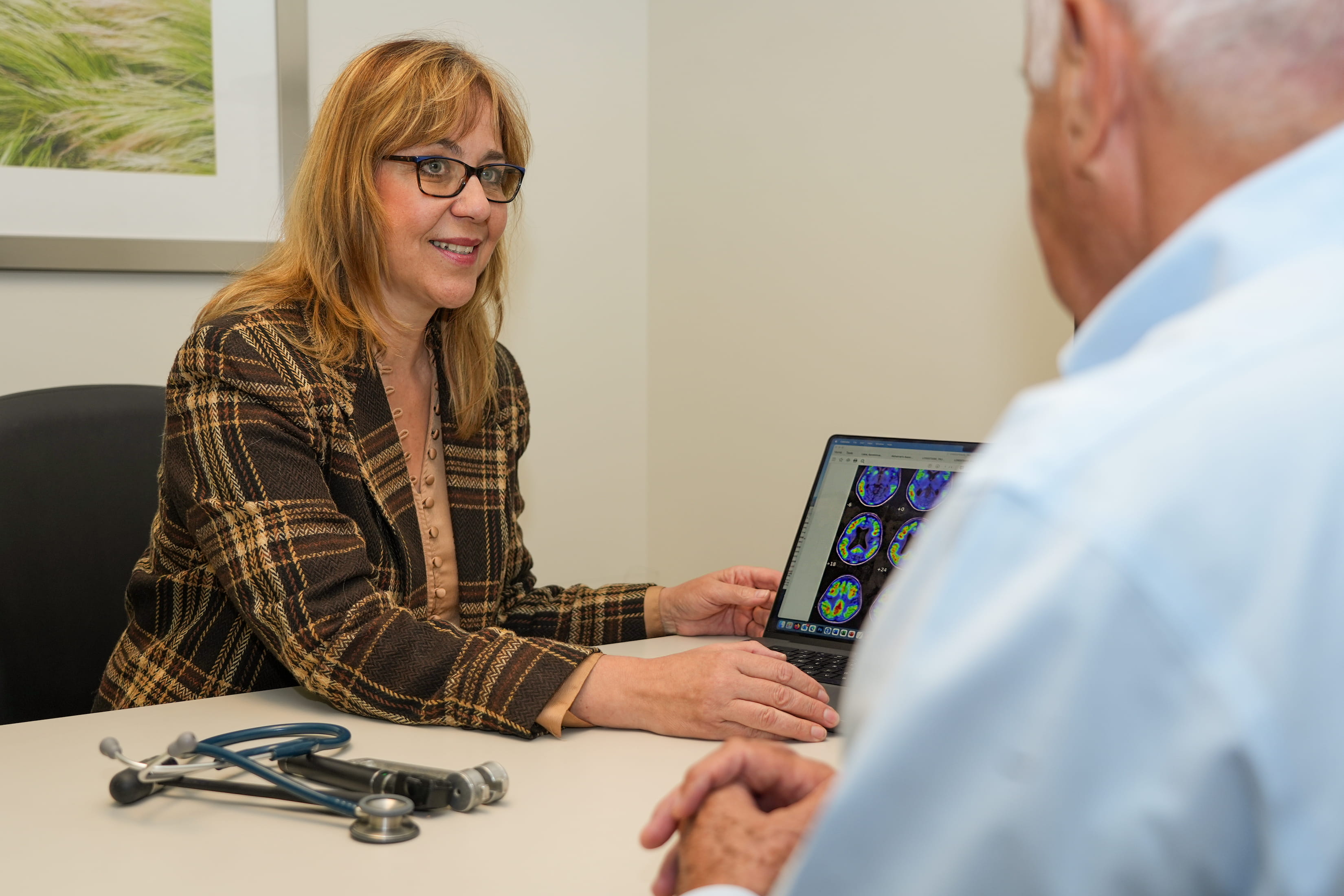
Clinical and Translational Science
Researchers in clinical and translational science test new methods to diagnose, treat and prevent Alzheimer’s disease, and advancing this research into improved diagnosis and care for patients living with the disease.
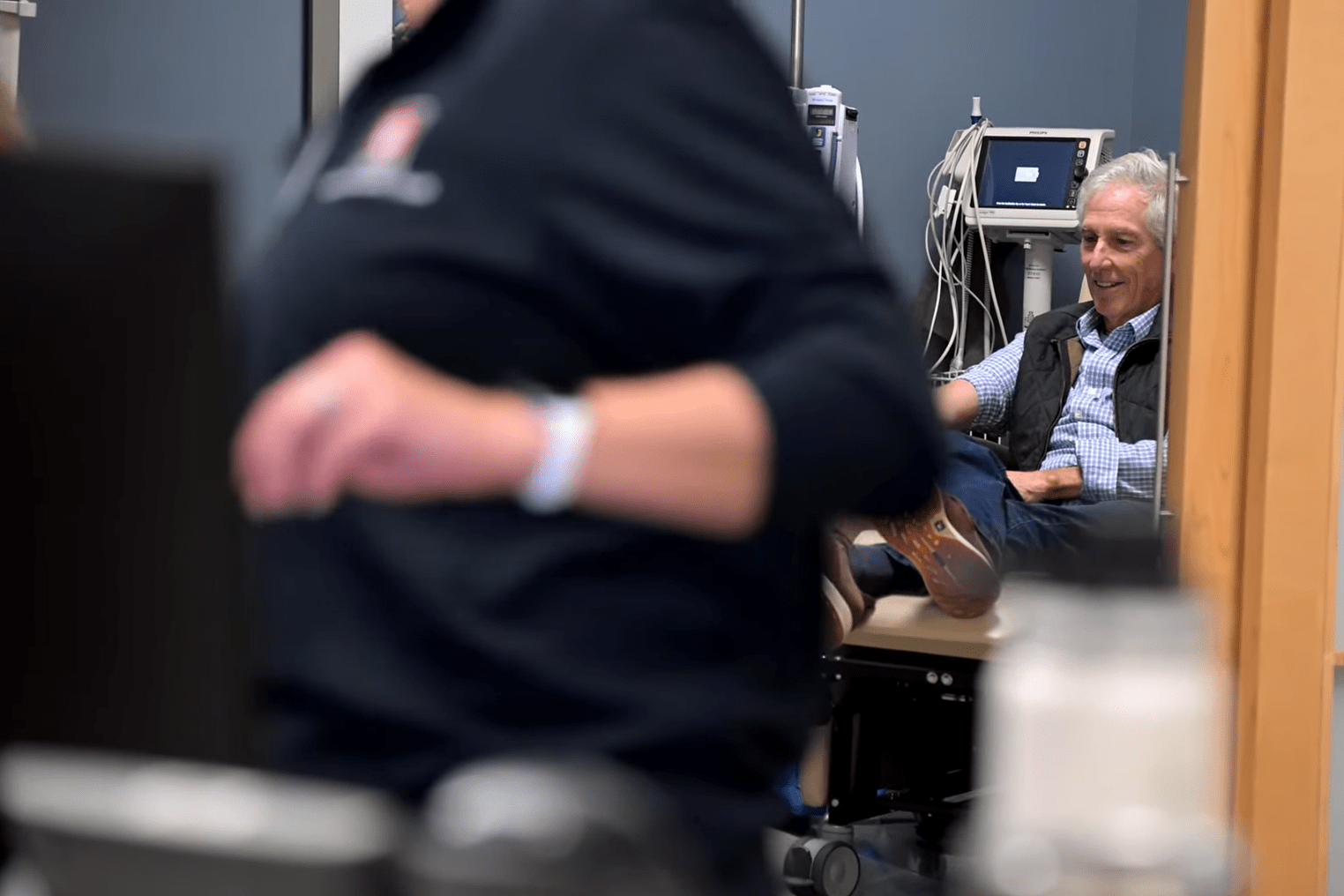
Clinical Innovation
Researchers in clinical and translational science test new methods to diagnose, treat and prevent Alzheimer’s disease, and advancing this research into improved diagnosis and care for patients living with the disease.
Featured News
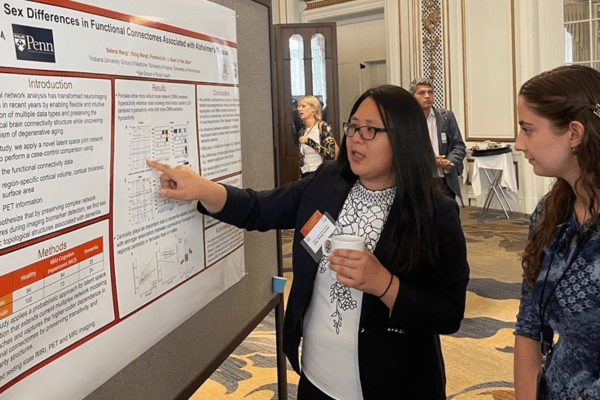
2025 REC Scholar Selena Wang, PhD, is trying find the answer to many complexities of the brain and Alzheimer’s disease using Artificial Intelligence. Advancements in Artificial Intelligence are providing new promise to the biomedical research community, and yet the often “black box” nature of modern-day AI tools leads to trust issues.
May 06, 2025
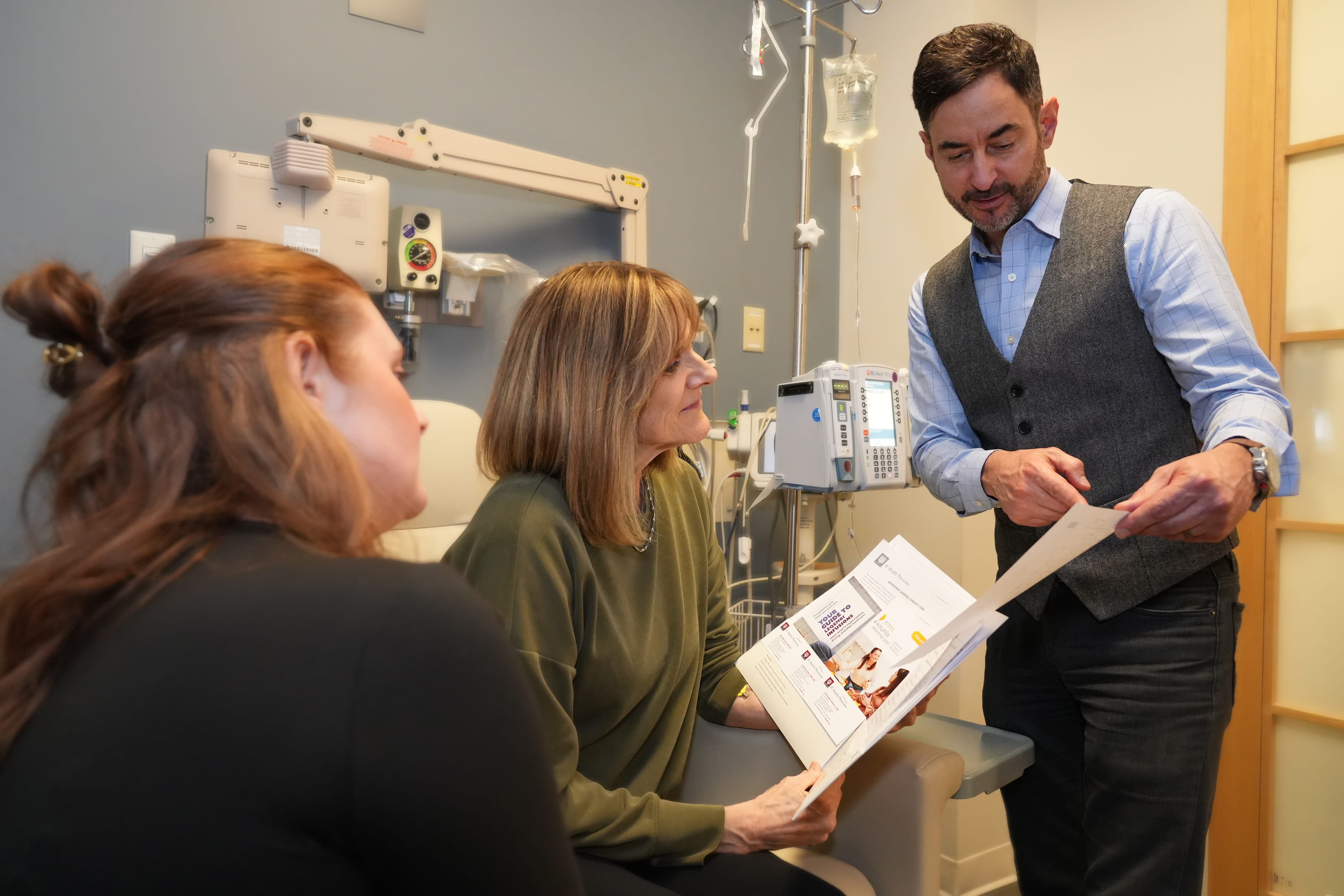
April 24, 2025
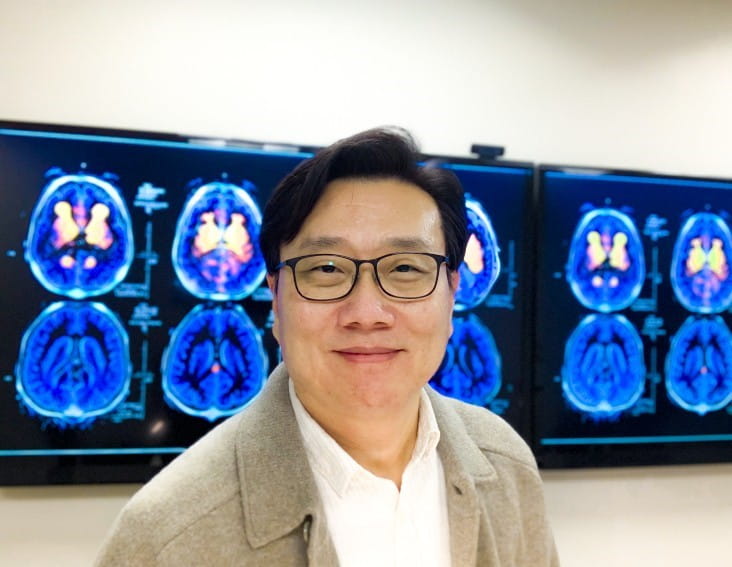
April 18, 2025

Symposium invites community, scientific leaders to better understand brain health, neurodegeneration
The IU School of Medicine will highlight its robust neuroscience research program April 13 and 14 at the inaugural Center for Neurodegenerative Disorders Symposium.
March 26, 2025
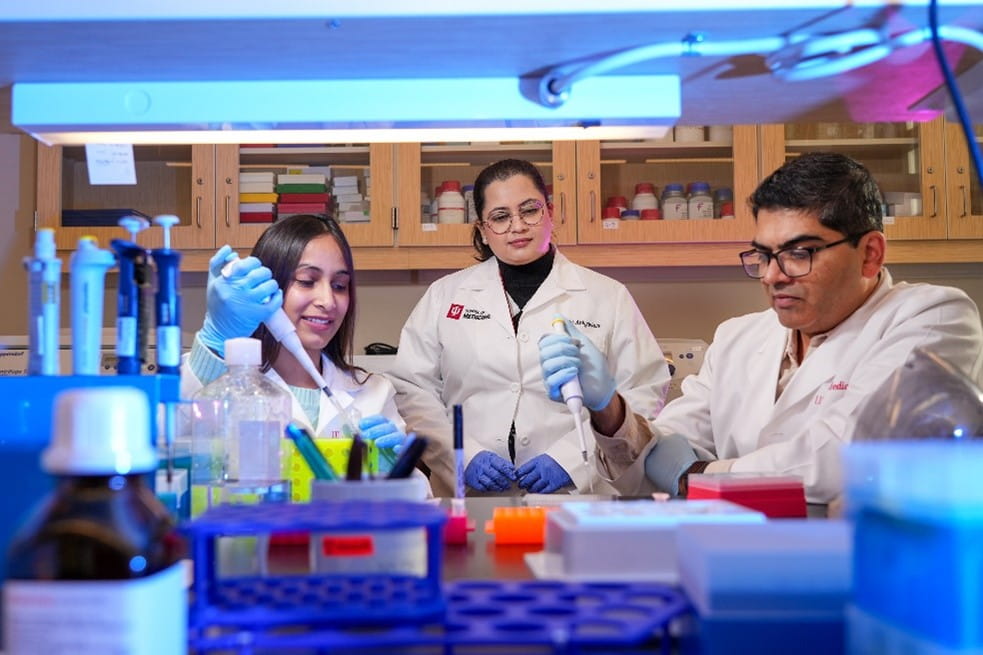
Researchers identify potential link between retinal changes, Alzheimer’s disease
A team of scientists at the Indiana University School of Medicine has identified that an eye condition affecting the retina, the light-sensing tissue in the back of the eye, may serve as an early indicator for Alzheimer's disease.February 26, 2025

Fowler named Vice Chair for Research
Nicole Fowler, PhD, MHSA, is the Department of Medicine’s new Vice Chair for Research. She stepped into the role on Jan. 1, 2025, replacing Kara Wools-Kaloustian, MD, who has taken on the post of Executive Site Director for AMPATH Kenya.January 15, 2025
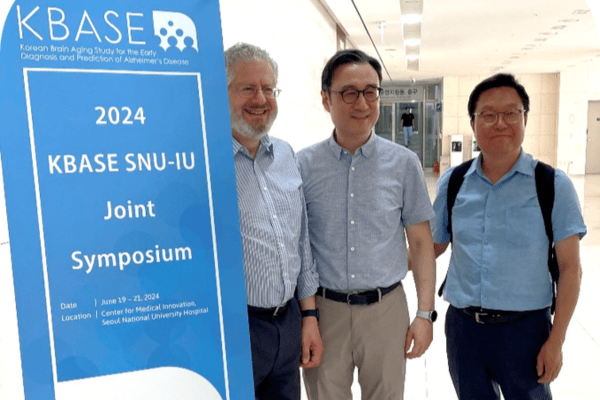
January 06, 2025

Malú Tansey, PhD and her team of researchers like to think “outside the brain.” Her lab investigates the role of inflammation and immune system responses on brain health and the development of neurodegenerative diseases, such as Alzheimer’s disease, Parkinson’s disease and frontal temporal dementia, with a specific focus on the gut-brain connection.
October 21, 2024
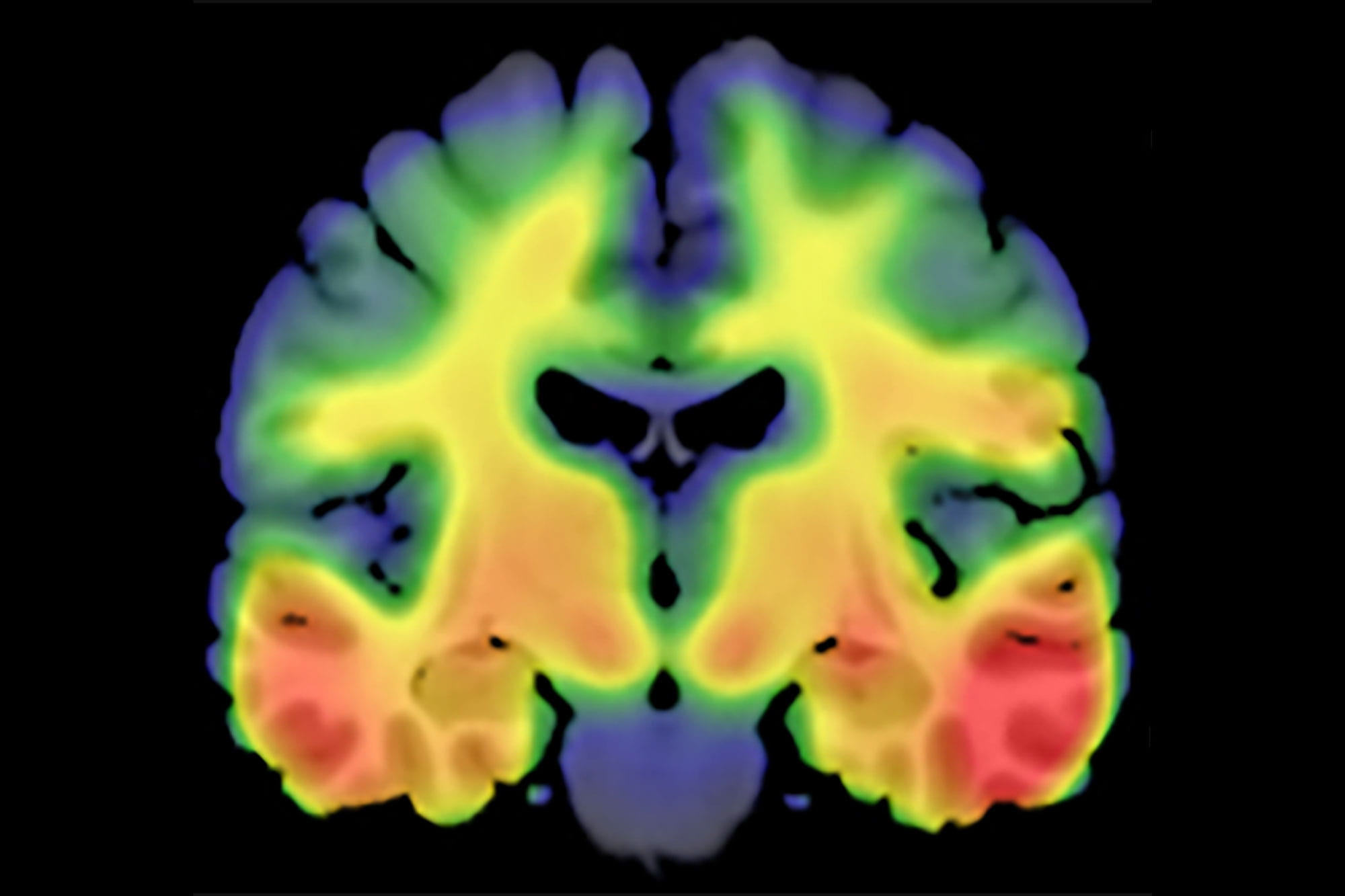
Newly discovered genetic marker could pave the way for future Alzheimer's disease therapeutics
Researchers have identified a new genetic marker that could play a role in the development of Alzheimer's disease and pave the way for novel therapeutic targets and diagnostic tools for the disease.
October 08, 2024
